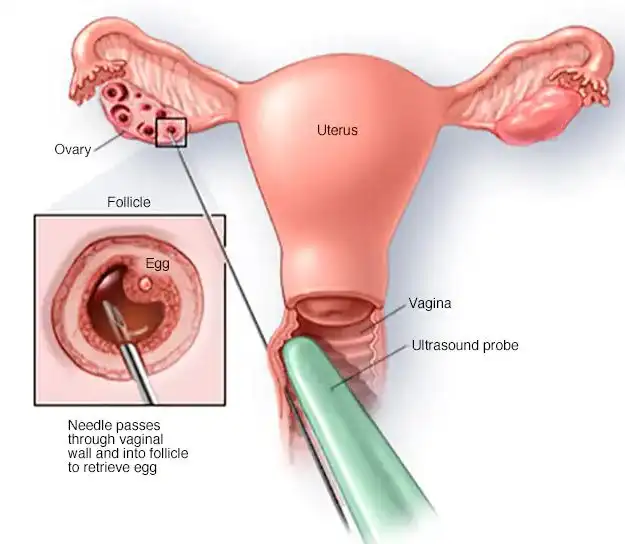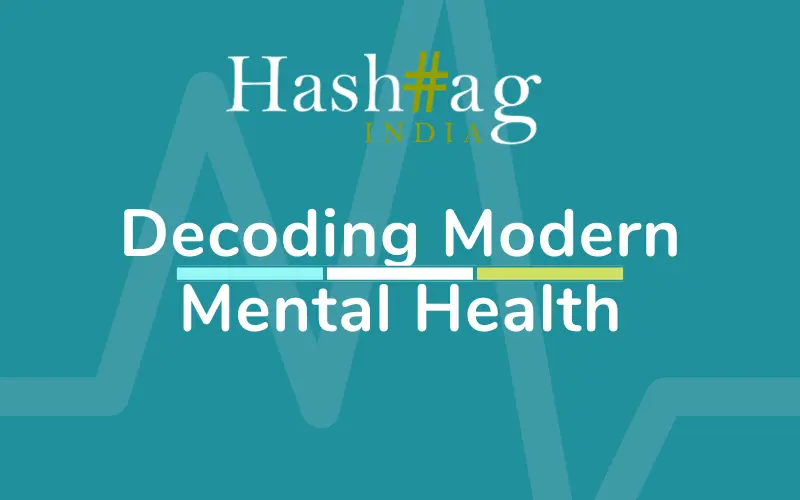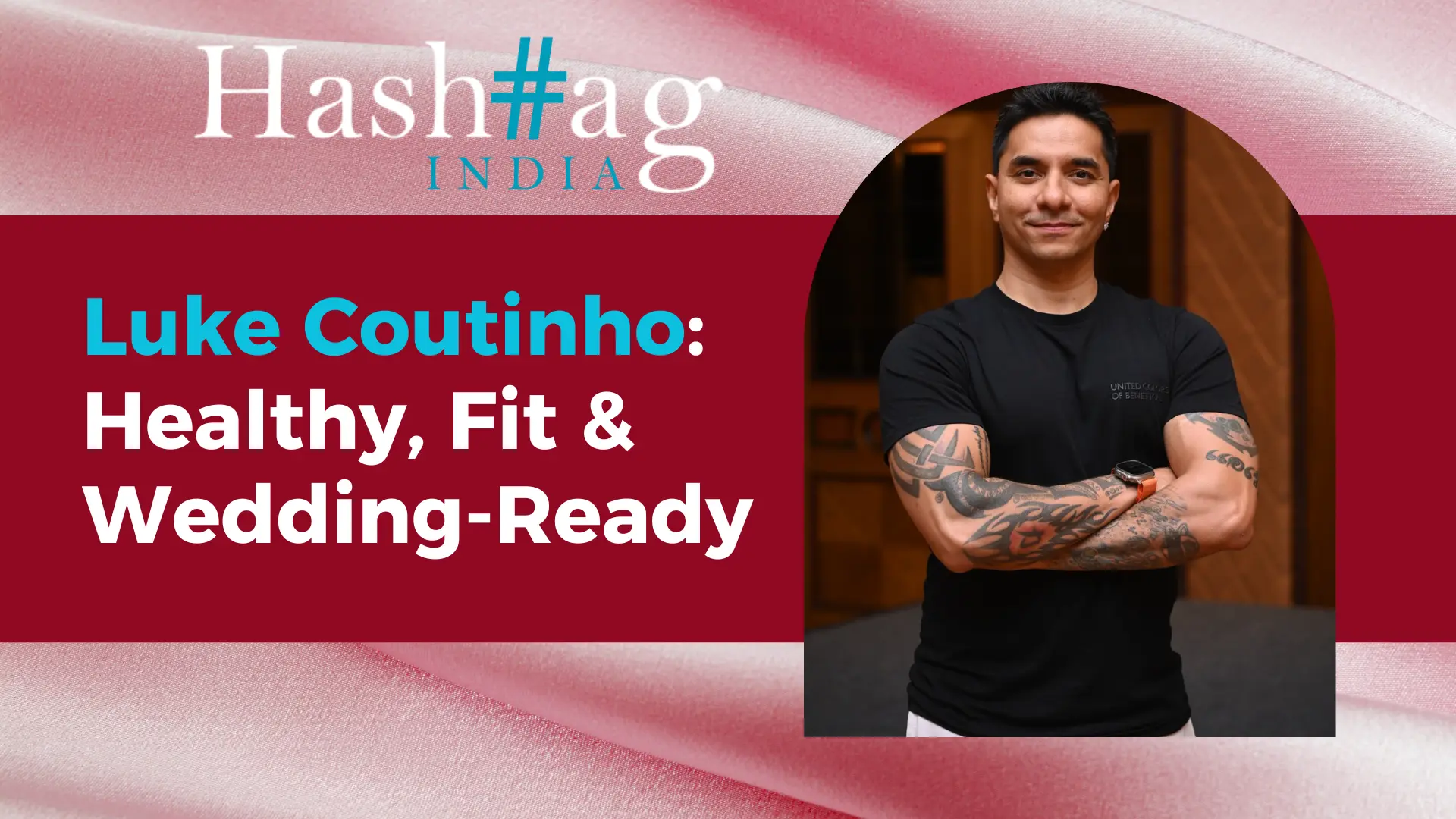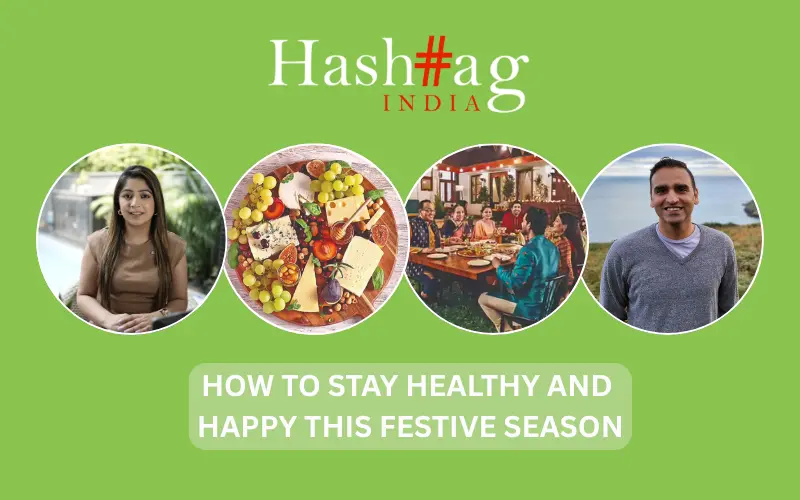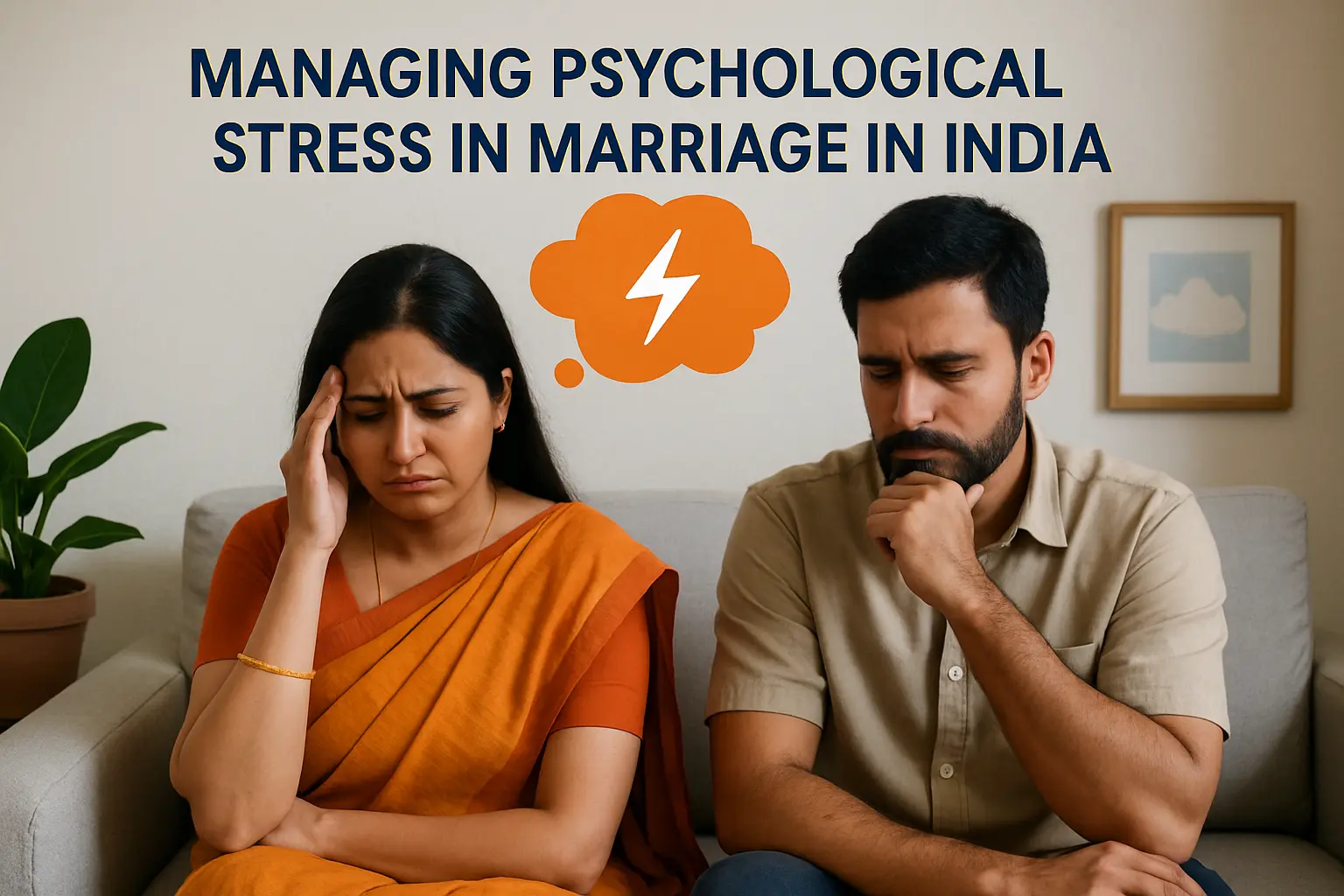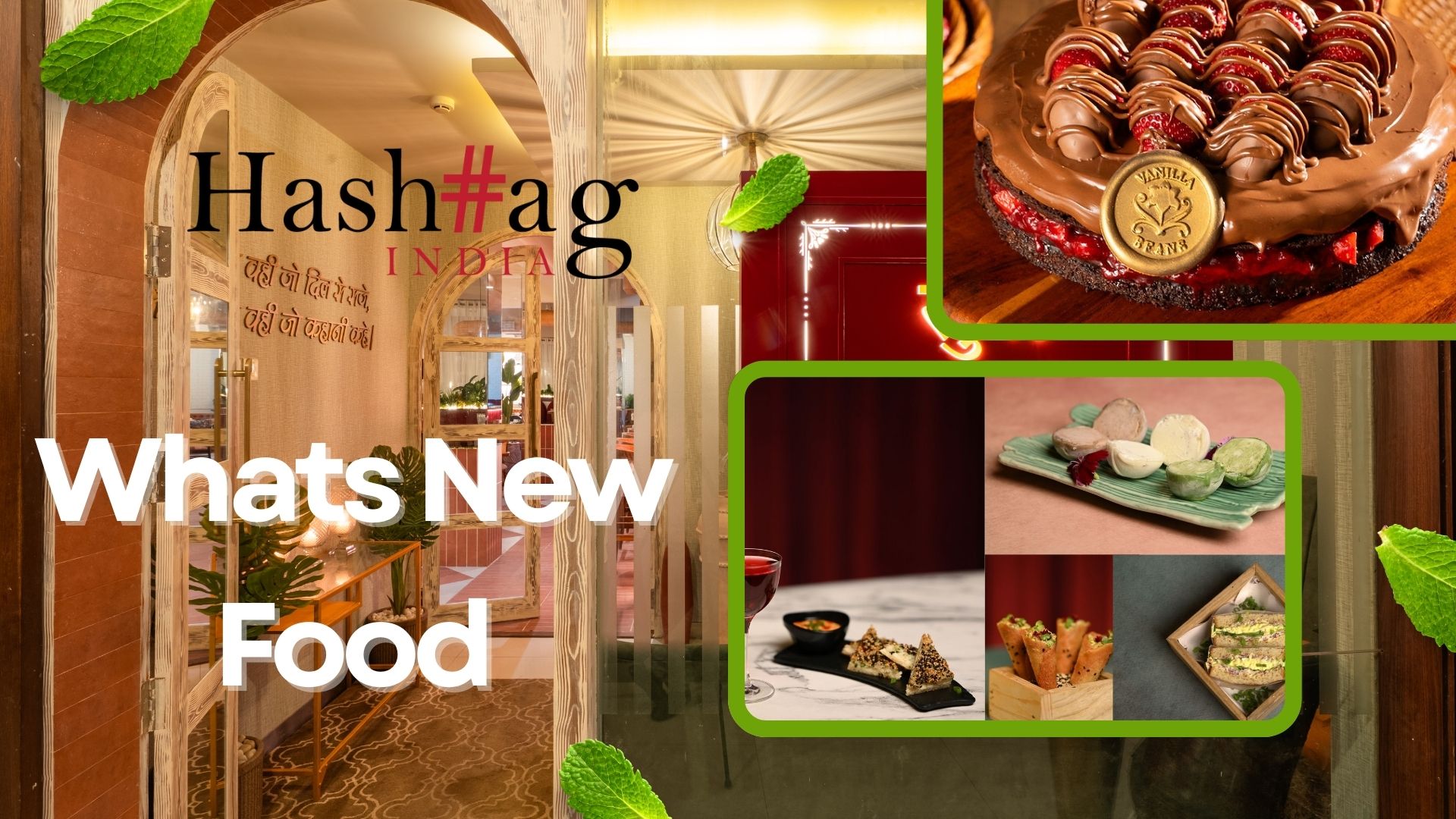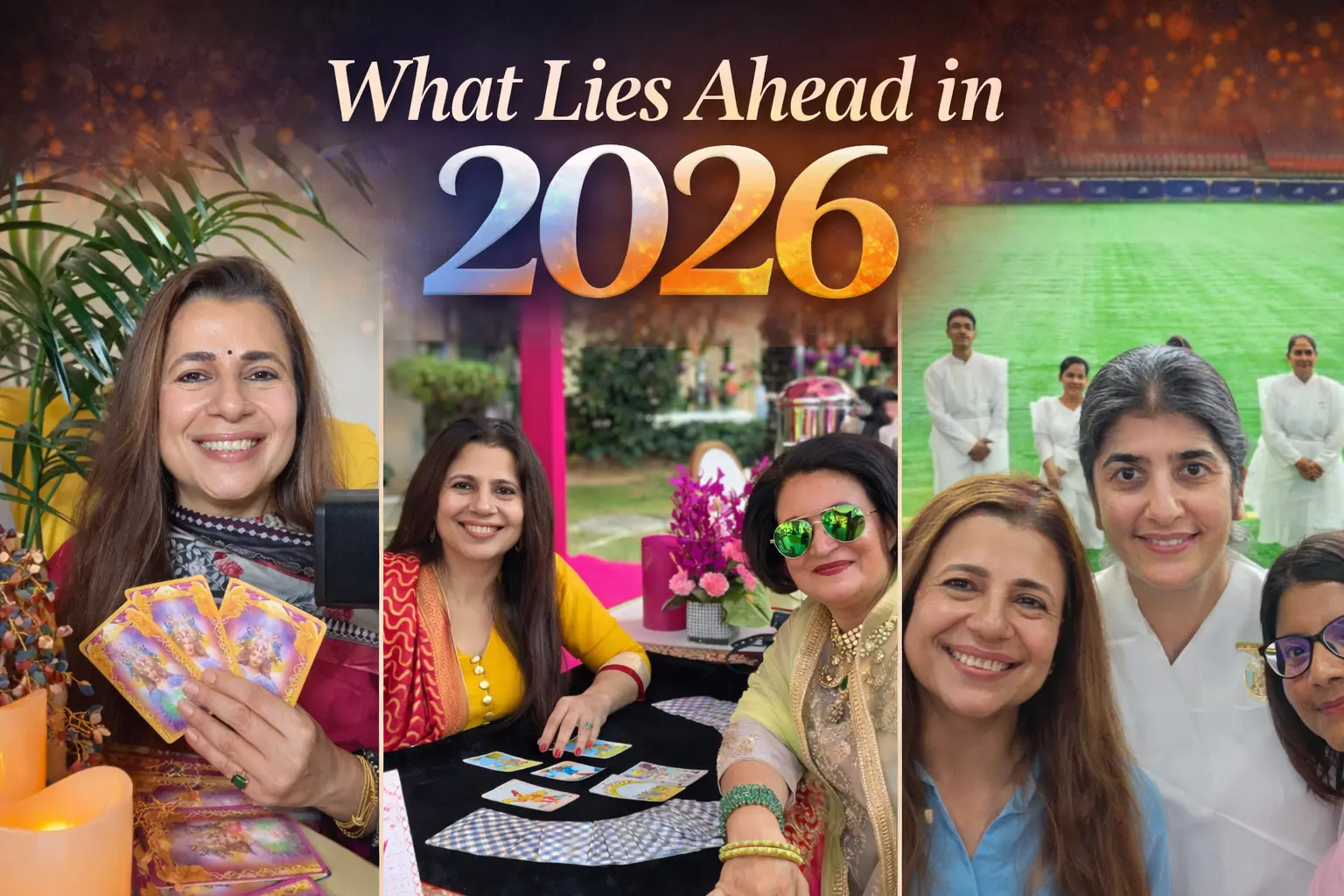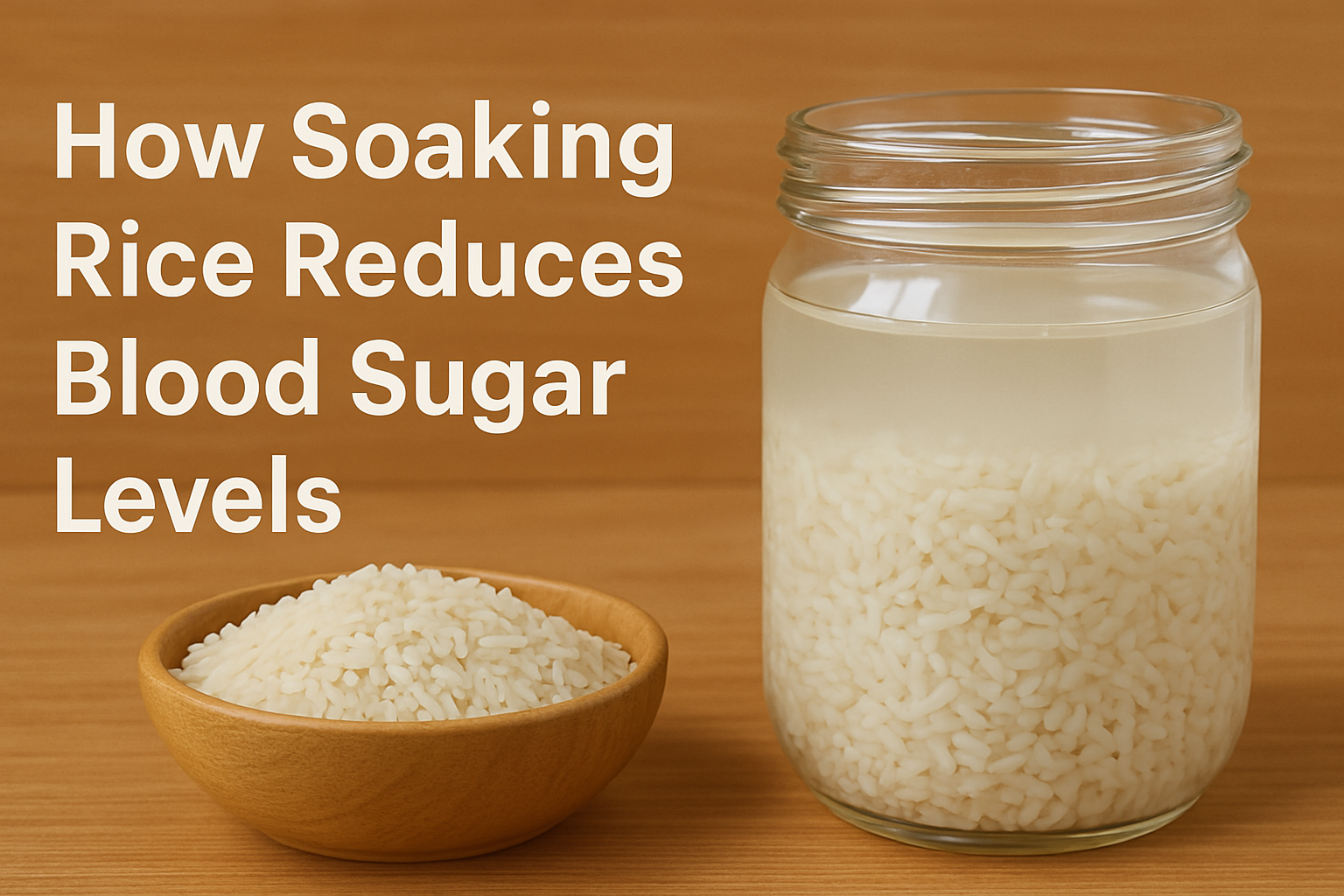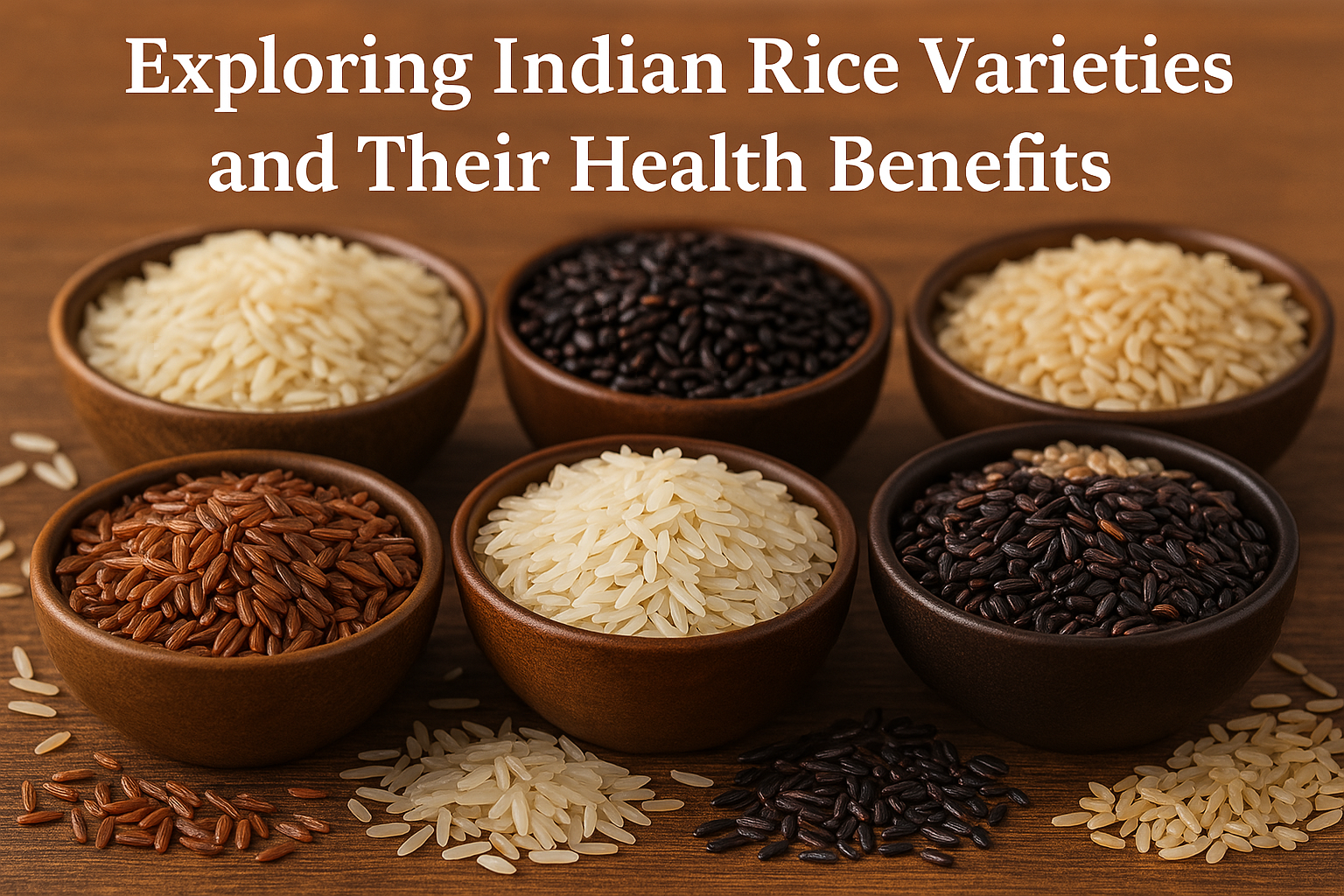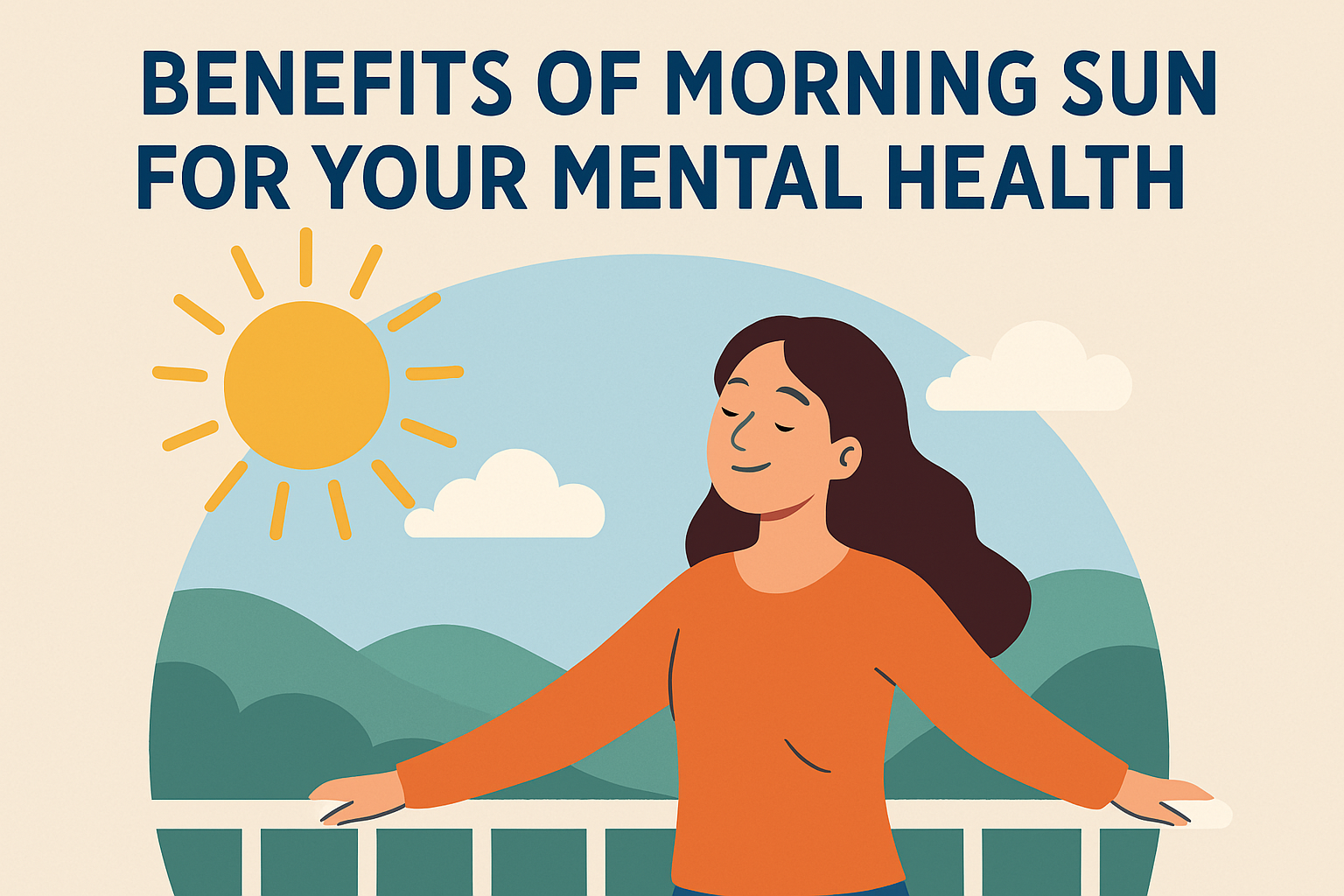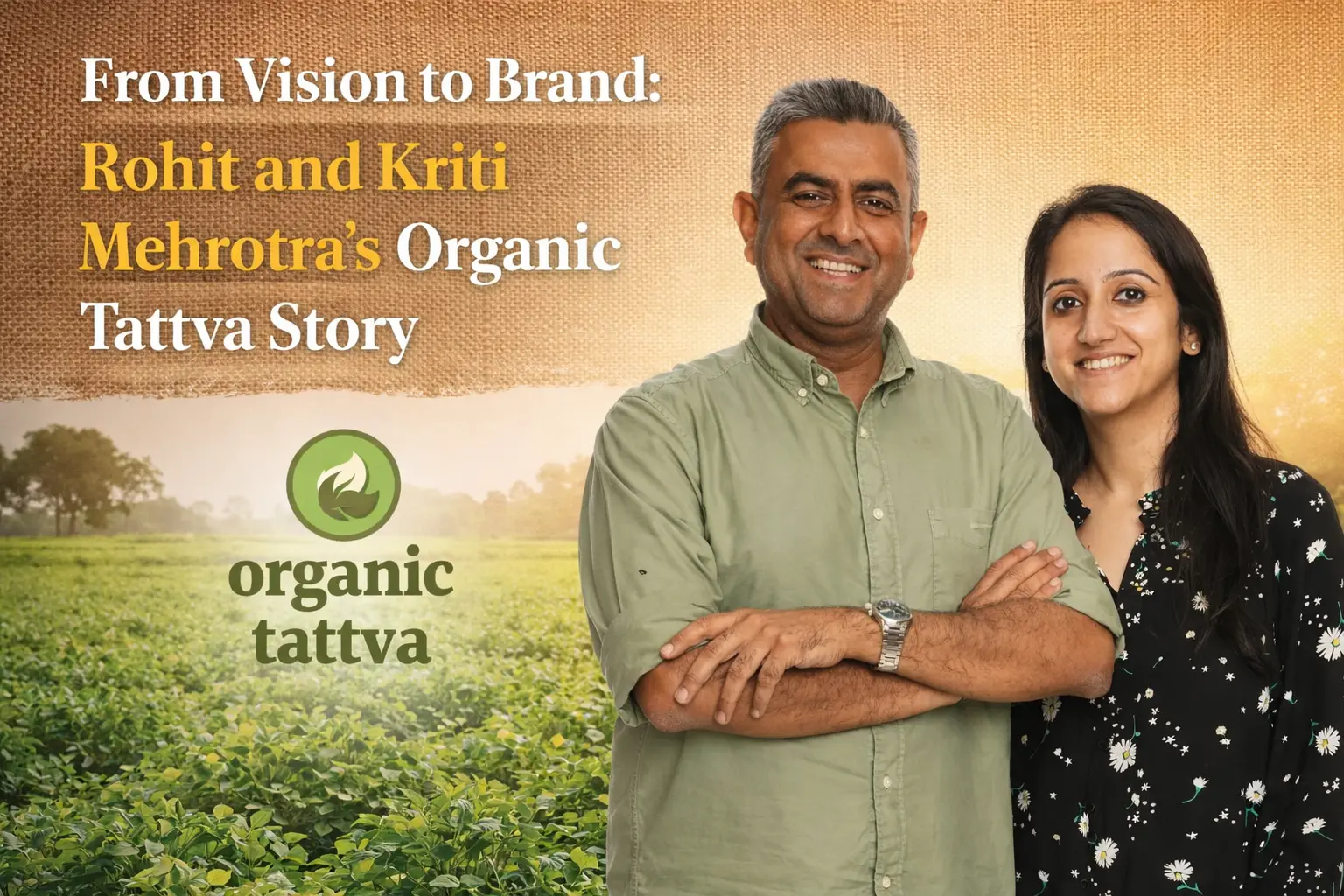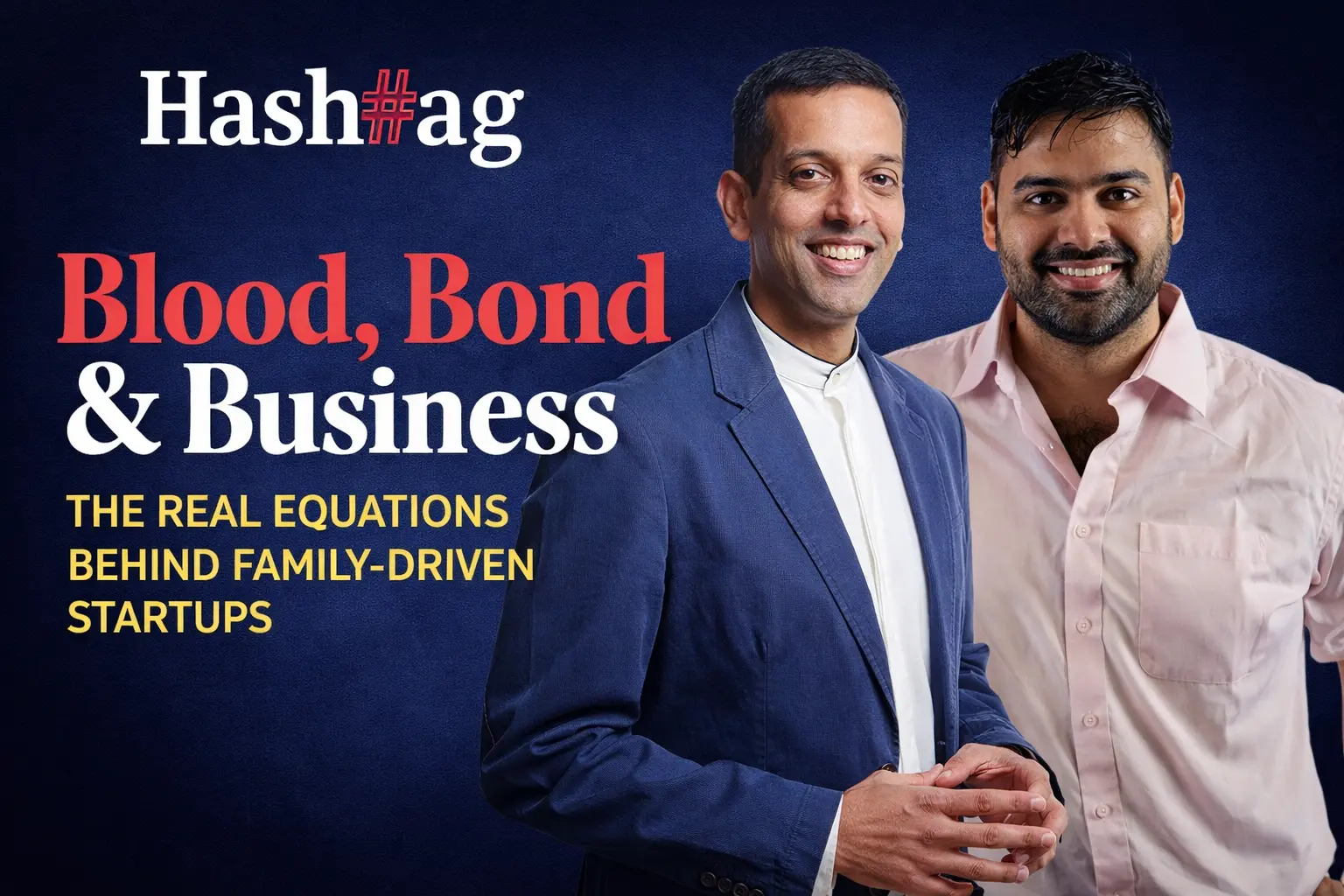Dr. Shweta Goswami, Sr. Consultant IVF from Jaypee Hospital and Medical Director from Zeeva Fertility Clinic, Noida shares the ins and outs of egg freezing, and throws some light on the things one should keep in mind before opting for the procedure.
In the urban landscape, egg freezing is no longer a foriegn term. Also known as oocyte cryopreservation, it is a new age reproductive technology which has become increasingly popular with more and more women choosing to conceive at a later age in order to focus on their careers.
Age plays a crucial role in a woman’s ability to conceive. When a woman ages, the egg quality and quantity both reduce drastically especially after the age of 35. You may have heard of the term “biological clock,” which refers to an organism’s innate timing that dictates its physiological activities.
There are other reasons why you may want to freeze your eggs. These can include suffering from infertility and undergoing IVF treatment or prior to undergoing treatment like chemotherapy or radiotherapy for cancer, which can affect your ability to get pregnant.
Egg freezing has given women an alternative to consider when planning for pregnancy. It is also a treatment that can be used for women who are struggling to get pregnant or for women suffering from chronic illness and undergoing treatment.
A woman’s fertility peaks in her early to mid-20s and then starts to decline as she enters her 30s. However, even though we have successful fertility treatments available today, they might not always be the best choice for you. Always ensure you are well informed and consult your doctor before considering any type of procedure.
Here are 8 things to keep in mind before freezing your eggs:
- The younger, the better:
Research suggests egg freezing works better for women in their 20s and early 30s. It is not recommended for women over 38. Although you have decided to conceive later, while you are younger, your eggs are of higher quality and have higher fertility potential; so freezing your eggs early can increase your pregnancy chances. Hormone tests can provide helpful information about your ovarian reserve (number of eggs).
2. It is an invasive procedure:
There are a lot of steps that make up the process, which can take up to 6 weeks. First, a blood sample is taken to be tested for your ovarian reserve and to screen for any diseases or infections. An ultrasound may also be used to see your overall reproductive function. Then hormones will be administered after which the egg retrieval process happens at the doctor’s clinic with a Transvaginal ultrasound to help the doctor locate the mature follicles. After egg retrieval, a process called vitrification takes place to freeze the eggs in liquid nitrogen.
3. Egg freezing is costly:
Several fertility treatments can be expensive, and it is crucial to ensure you are aware of all costs before making a decision. The cost for egg freezing in India can vary between Rs.1, 00,000 – 1, 50,000, plus the recurring annual costs to keep them frozen. Make sure you have all the information from your clinic and insurance company.
4. Pregnancy is not guaranteed:
Although egg freezing is offering a technology to preserve your eggs, there is still little data to determine its success. Several factors play crucial roles in establishing a successful pregnancy using a frozen egg such as the thawing process, the survival rate, and the number of viable eggs.
5. Embryos and eggs are different:
During embryo freezing, the eggs are fertilised using IVF and develop into embryos over the next few days before being flash frozen. There is not much difference in the success rates of egg freezing and embryo freezing. One of the biggest challenges when deciding between freezing eggs or embryos is you need to determine which sperm will be used for fertilisation. This can become difficult if you are unmarried or have not found a suitable partner. Egg freezing is a simpler choice for single women.
6. It may require more than one cycle:
There is no guarantee that you will manage to harvest enough viable eggs for freezing in one go. This can be because of low AMH and a low egg reserve, which is why freezing at a young age is recommended. This can increase the costs as well as the emotional burden of undergoing multiple procedures.
7. Side effects can take a physical and emotional toll:
You may experience mild cramping and pain after the egg retrieval procedure and also experience mood swings because of all the hormones. This is normal and will settle in time. Although more research is required to determine long term effects, there are chances of experiencing ovarian hyperstimulation syndrome. This occurs in response to the excess hormones administered to stimulate follicle development and causes the ovaries to swell and become painful.
8. Egg and embryo thawing has high success rates but doesn’t guarantee pregnancy:
Egg thawing success rates are around 80% and 99% for embryos. Although these success rates are favorable, it doesn’t guarantee these eggs or embryos will result in a pregnancy. After fertilisation, implantation needs to occur to increase the chances of a successful pregnancy.
Egg Freezing: Dos and Don’ts
- Although the results are not 100%, egg freezing is a crucial backup plan for women to have their own biological child when current circumstances cannot allow for them to plan a pregnancy.
- It is essential to do your research and consult your doctor to understand everything you need to know before making a decision.
- It is advised to take it easy at work for a week as you may experience mild cramping and pain post the procedure.
- Also, it is advisable to use protection during sexual intercourse as some eggs can still be present.
- Some symptoms of the medication can include weight gain and bloating, which can indicate ovarian hyperstimulation syndrome.

